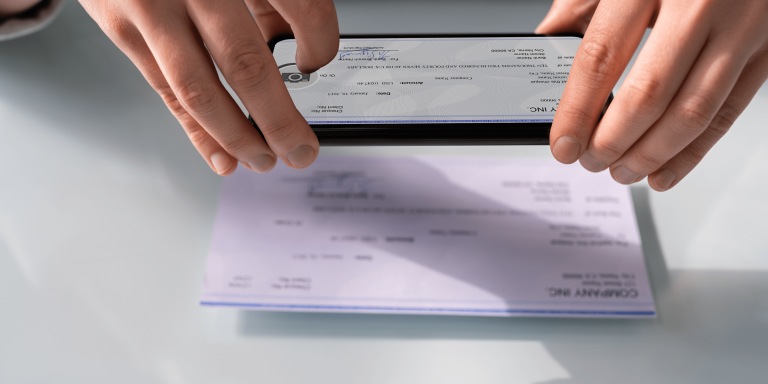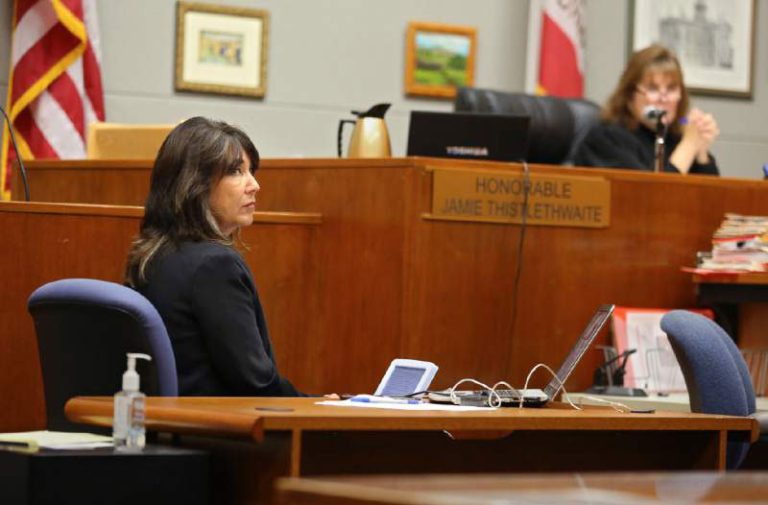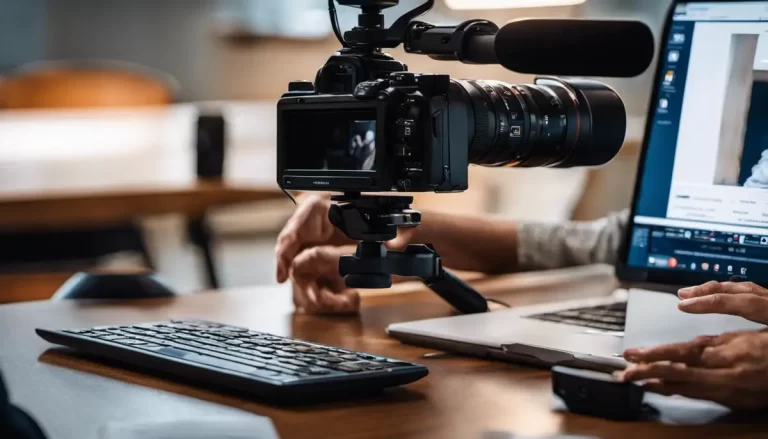Is courtroom drama, quick words, and detail-orientedness fascinating you? Court reporting may be your calling! Court reporters document exact evidence that can influence a case. How do you become a good court reporter? Where to discover the best training programs? But most importantly, what can you anticipate from these schools? We’ll examine these themes and more in the exciting realm of court reporting education.
What is court reporting?
Court reporters specialize in recording and transcribing spoken speech. Court reporters—also known as stenographers or shorthand reporters—record trials, depositions, and hearings using various ways. They’re vital to keeping correct records for future reference.
Court reporters rely on stenotype machines. This advanced technology lets them type words phonetically using keys instead of letters. Special software converts the text to read.
Court reporters prioritize accuracy and detail. Reporters must listen well to capture every word stated during proceedings. To ensure accurate transcribing without errors or omissions, they need high linguistic abilities.
Court reporters work in courthouses, law firms, government organizations, and corporations that need verbatim recordings. They are invaluable for establishing official transcripts for appeals and research as well as litigation.
In recent years, court reporting has moved beyond courtrooms. Many specialists offer real-time captioning for live events like TV broadcasts and conferences that require quick transcribing.
As technology advances rapidly, court reporters may change. However, their core skills are necessary for accuracy and legal process integrity.
What is the job market like for court reporters?
Court reporters have many work options. Court reporters are sought after by many businesses due to the demand for accurate and quick transcribing services. They must translate spoken words into writing for judicial processes, corporate meetings, and TV broadcasts.
Court reporters have a favorable work market due to their particular skills. Typing swiftly and precisely and listening well make them effective in verbatim reporting situations. This includes courtrooms, depositions, hearings, and conferences.
Technology also boosts court reporter career prospects. Voice recognition software has been proposed to replace court reporters, although it hasn’t happened yet. Many professionals still need expert transcribers who can capture nuances and intricate talks.
Young professionals are needed to replace vacancies as older generations retire and fewer graduates enter the field. This provides many court-reporting job prospects.
If you have good typing abilities, attention to detail, and an interest in legal or corporate settings, becoming a court reporter could be rewarding!

What type of training is necessary to become a court reporter?
Becoming a court reporter requires specific training. Comprehensive training programs can teach this distinct profession its unique skills and expertise.
Stenography, which uses a stenotype to abbreviate spoken words, is a key part of court reporting training. It takes practice to master key combinations to accurately transcribe speech.
Besides stenography, court reporters must learn grammar and punctuation. They must speak English well and write precise transcripts with few errors. Court reporting programs teach grammar, spelling, vocabulary, and proofreading.
Prospective court reporters may also study voice recognition software and other transcribing technologies to stay current. Technology can boost their work productivity.
Additionally, some court reporting programs offer legal terminology and procedural classes. This is essential for understanding legal circumstances in court or depositions.
Court reporting is usually taught at specialized schools. The length of these programs depends on whether you want an associate degree or certification.
Becoming a successful court reporter requires effort, practice, and technical skill development. Staying current with industry technology and mastering stenography and grammar are crucial.
What are the best schools for court reporting?
Choosing the correct education is vital for court reporting careers. It might be difficult to choose the right school for your needs and aspirations with so many possibilities.
A top court reporting school is ABC Court Reporting Institute. ABC’s extensive curriculum and experienced teachers prepare students for real-world situations with hands-on instruction. Modern equipment and technology give students an edge in the field.
Another reputable school is the School of Court Reporting. Flexibility in on-campus and online programs sets this school apart. Industry professionals teach, ensuring students receive current training.
DEF College of Court Reporting may be ideal for specialist training. DEF trains extensively in real-time reporting and captioning to fulfill legal industry demands.
The best school relies on your tastes and professional goals. Consider location, pricing, accreditation, job placement rates, and alumni success stories while choosing.
Before enrolling, extensively investigate each school – finding the appropriate one is crucial to a successful court reporting career!

What can you expect to learn from a court reporting program?
Students will learn a lot in court reporting classes. These programs give court reporters the skills and training they need to succeed.
Court reporting programs emphasize stenography. Students will learn how to utilize a stenotype machine to quickly record spoken phrases using shorthand symbols. For proper legal transcription, this expertise is essential.
In addition to stenography, students will learn transcription and proofreading. Court reporters must meticulously check and revise their transcripts.
Learning legal vocabulary and procedures is crucial to court reporting programs. Court reporters must understand the legal system to work in courtrooms, depositions, and other legal proceedings.
Modern court reporting relies on technology; therefore students will learn transcription and real-time reporting software. Learning how to use these technologies effectively will boost future professional productivity.
Court reporting programs stress communication. Reporters routinely contact with judges, lawyers, witnesses, and other legal professionals. Having good interpersonal skills helps you communicate professionally throughout proceedings.
Court reporters need dedication and specialized training from respected colleges that offer complete programs in all these crucial areas.
Conclusion
Choosing court reporting can be thrilling and fulfilling. Court reporters have a bright work market due to the rising demand for skilled specialists. To succeed, you need good training from renowned colleges.
Consider accreditation, curriculum, and training technologies while picking a court-reporting school. Find complete programs with hands-on experience and internships or practicums.
Court reporting programs teach stenography, transcribing, legal language, and courtroom processes. To keep up with industry changes, many colleges teach real-time captioning and speech authoring.
Remember that court reporters must work hard and keep learning after graduating. Professional development classes and association memberships are essential for keeping up with new technologies and business trends.











